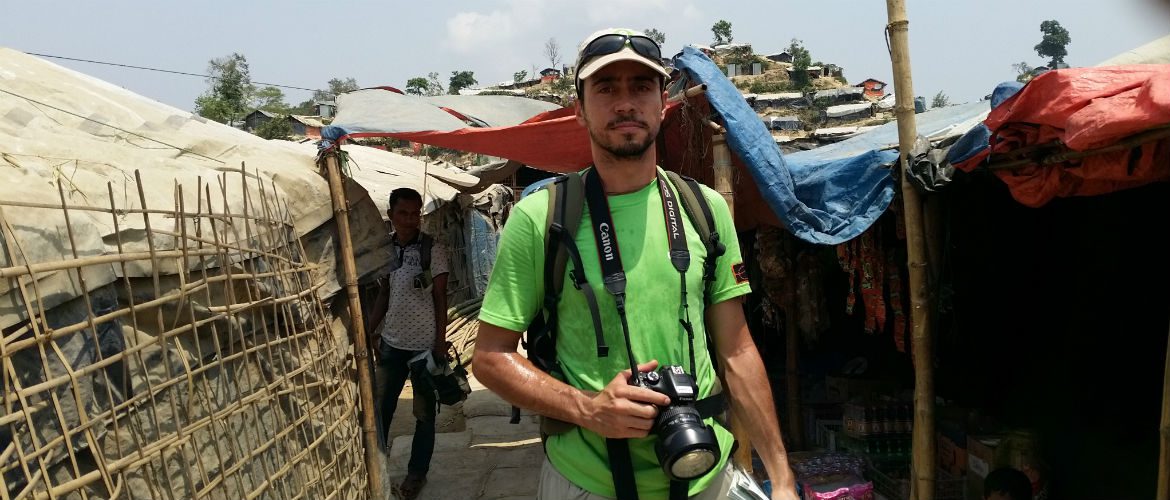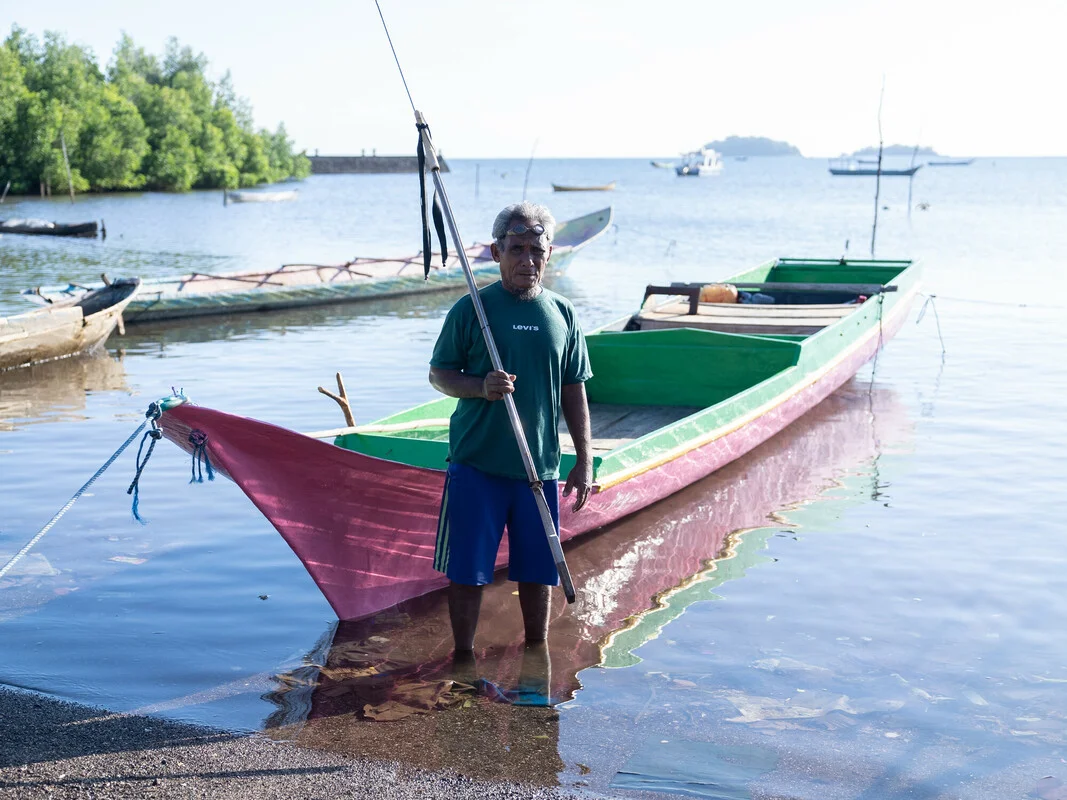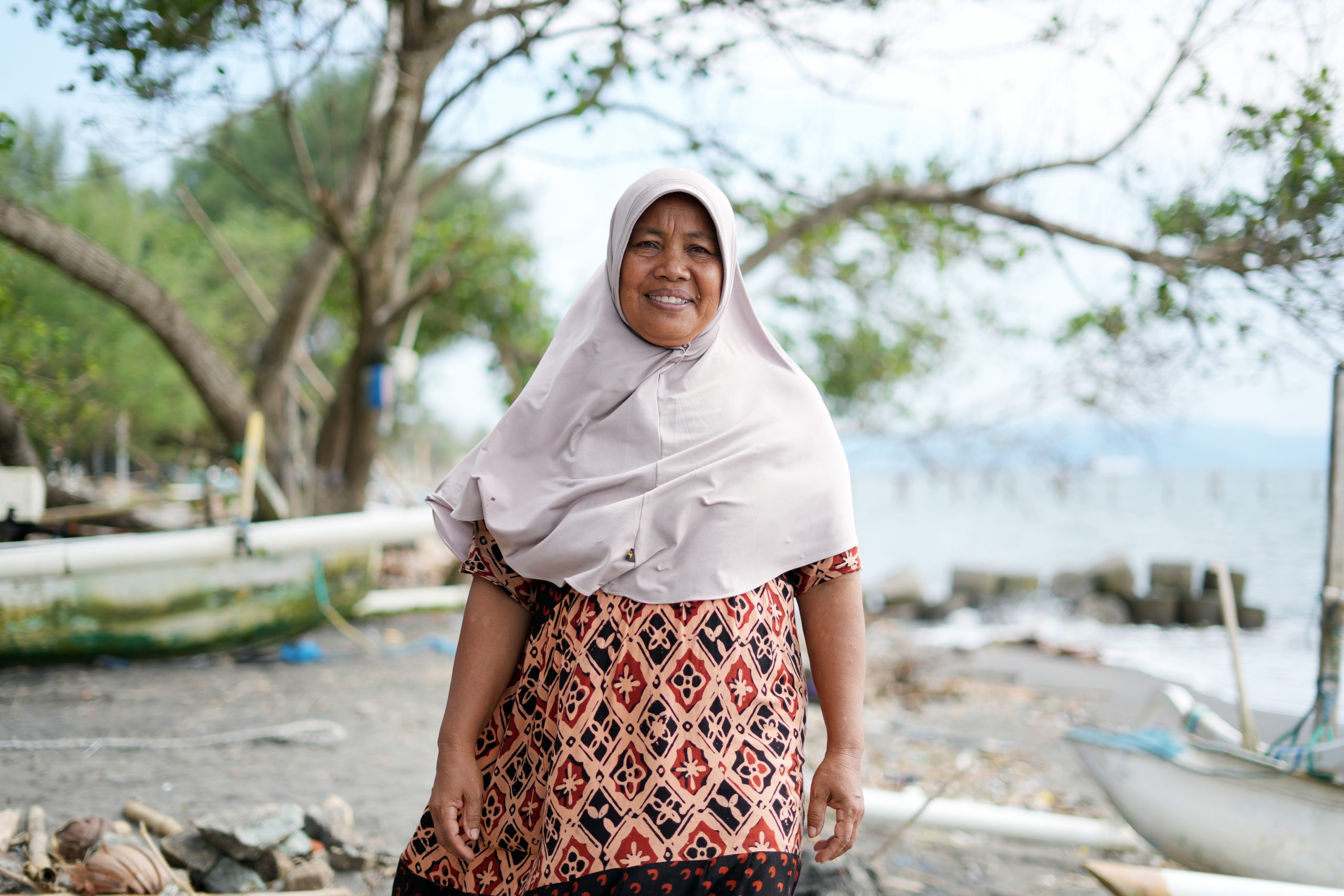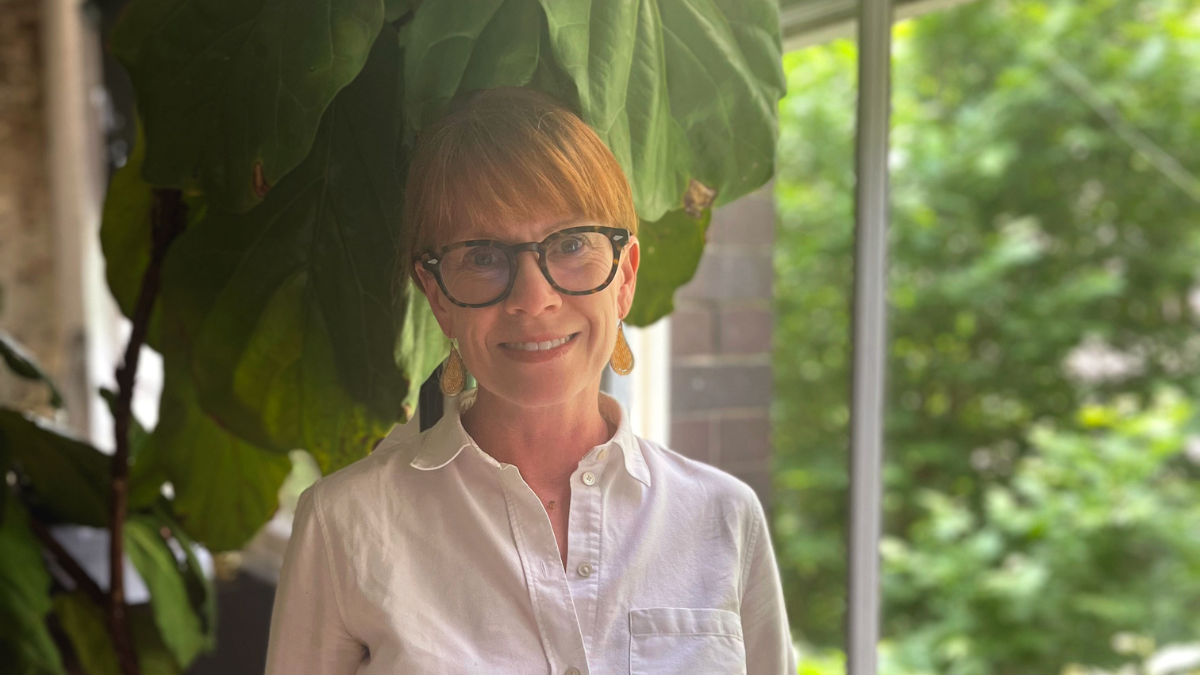Written by Dylan Quinnell, Senior Media Coordinator Oxfam Australia. First published in the Herald Sun.
Preparing for the monsoon
The impending monsoon rains are bearing down on the Rohingya refugee camps in Bangladesh and there’s no getting around it – it’s going to be a really tough time.
I’ve just returned to Melbourne from three weeks working for Oxfam’s Rohingya crisis response team. I stood in the pouring rain in the Bangladeshi Rohingya refugee “mega-camp” and everywhere I looked, ramshackle shelters made of bamboo and tarpaulins stretched into the distance.
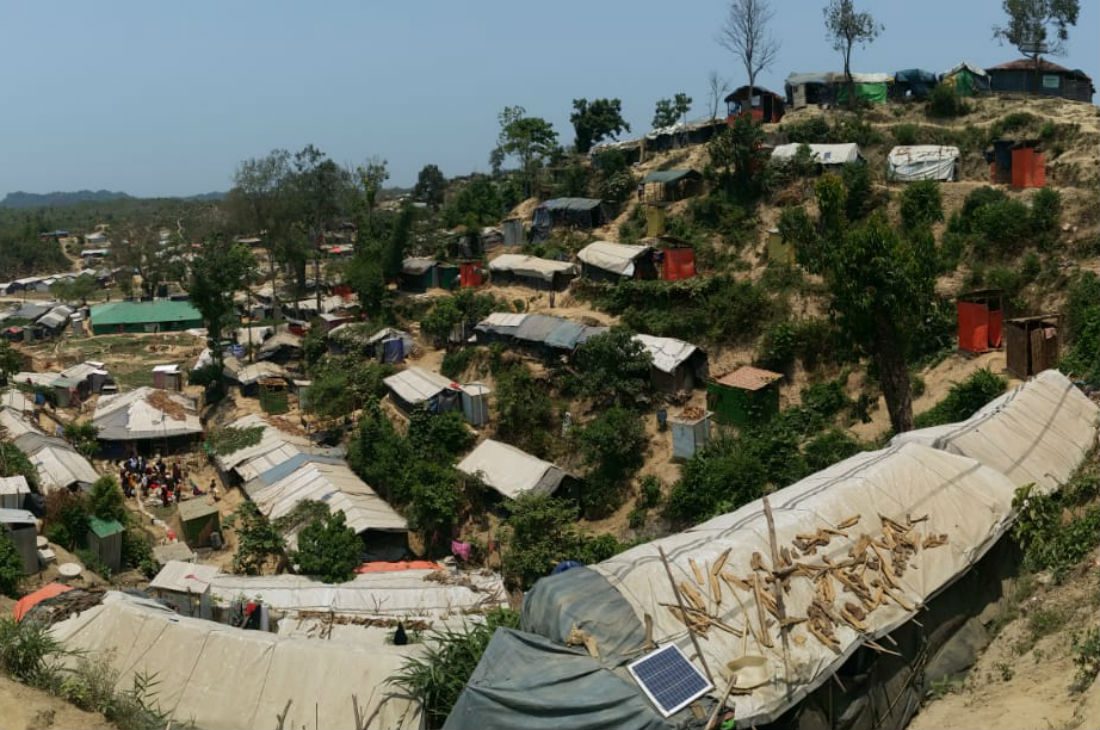
People old and young were trying to find shelter from the downpour, and huge puddles were quickly forming across the narrow brick road, with water running down sandy hillside paths.
As I was trying to take photos of a deep tube well Oxfam was drilling to provide clean water, numerous Rohingya refugees offered to take me into their shelters to stay dry, or brought me umbrellas. Such was the kindness of people who had endured unspeakable horrors that forced them from Myanmar into neighbouring Bangladesh.
The camps are experiencing what they call the ‘pre-monsoon rains’ at the moment, where every couple of days a ferocious storm will hit for an hour or so. This rain is nothing like I’m used to.
The falling water has an almost physical quality, beating down on you, and the rain can be so heavy you struggle to see the other side of a road.
Trees are often blown over in the wind and almost immediately, huge puddles form everywhere, slowing cars and trucks on the sandy brick roads and draining into refugees’ flimsy shelters.
It’s estimated that more than 600,000 people are living in the Rohingya refugee mega-camp – that’s a population bigger than Tasmania’s.
Hope among hopelessness
The impact of the full monsoon on this many people in such desperate living conditions is what’s top of mind for aid workers.
Yet despite this, I was struck by the way in which Rohingya refugees could find hope in what appeared to be a hopeless situation. They are denied citizenship in their own country and feel they have nowhere they belong and nowhere to call home right now. No one knows what their future holds.
They’re awaiting monsoon rains likely to bring floods, landslides and potentially deadly waterborne diseases. As much as 2.5 metres of rain could fall on the camps over the next three months.
The United Nations estimates up to 200,000 people are living in at-risk areas of the camps. But the refugees I met certainly weren’t hopeless or despairing.
Parents were working hard to reinforce their shelters, or volunteering for charities like Oxfam as community health trainers or with the UN as labourers, helping to prepare the camps for the coming heavy rains.
Ayesha’s story
Among them was a young woman I met called Ayesha*, who was 18 years old. She fled to Bangladesh with her mother and three siblings after their father was killed in the violence in Myanmar.
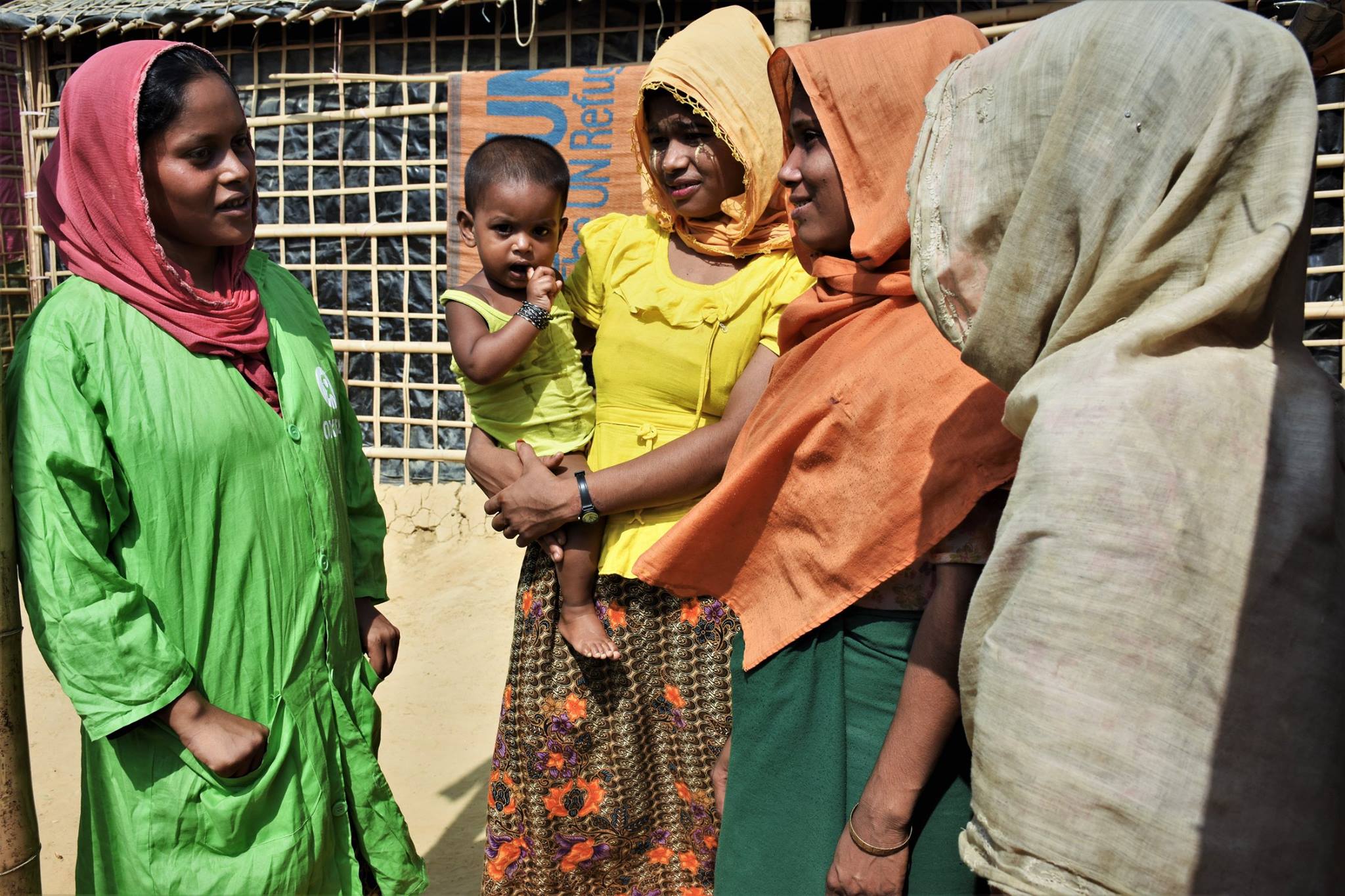
It took them nearly five days to get to Bangladesh by boat and foot; others weren’t so lucky and drowned when their boats sank.
Life is tough in the camps without a father or husband women can be missed or sidelined at aid distributions and, culturally, young women are not supposed to go out alone.
But none of that had dampened Ayesha’s spirit. She put up her hand to volunteer and now runs community health training with her neighbours and other women.
“Now I work as an Oxfam volunteer, I teach people how to maintain good hygiene and I tell people what to do to have a good life. I feel good about it.”
As for the children, they play football wherever they can find space, run through the camps in happy bunches, and practice English with aid workers: “Goodbye, how are you, I am fine.”.
Home truths?
It’s hard not to make comparisons with Australia’s treatment of refugees. We have hundreds of refugees wasting away on Manus and Nauru because we either won’t find acceptable alternatives for them or let them come to our shores.
Meanwhile, Bangladesh, one of the most densely populated countries on Earth and much less wealthy than Australia, has given shelter to more than one million Rohingya refugees.
While it’s true the Australian Government has given generously to the Rohingya response, on Budget night, yet again it cut Australia’s tiny aid budget.
I was devastated when I heard the news, given I was witnessing the impact of Australian aid in the camps. It was funding Oxfam deep tube wells and innovative, longlasting bio-fill toilets, and food and aid distributions managed by the United Nations agencies.
At a time of global humanitarian crises, with more than 128 million people across the world in need of humanitarian assistance and protection, aid cuts – for the sixth year in a row – are a heartless and shortsighted move.
[gravityform id=”27″ title=”true” description=”true”]
*Name changed to protect identity
